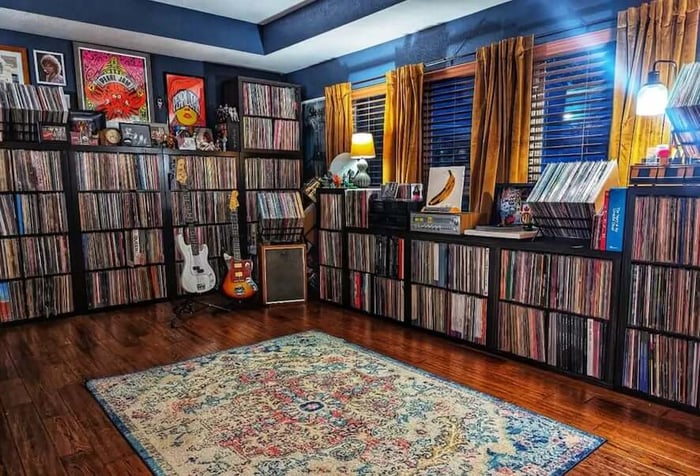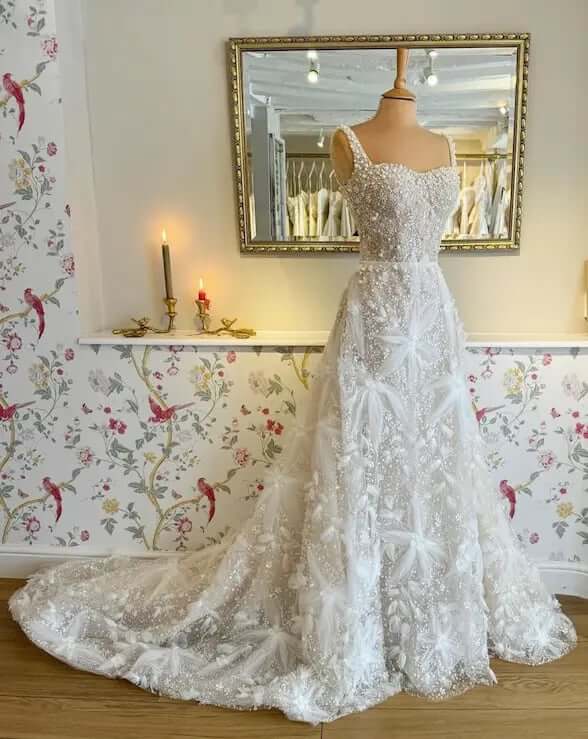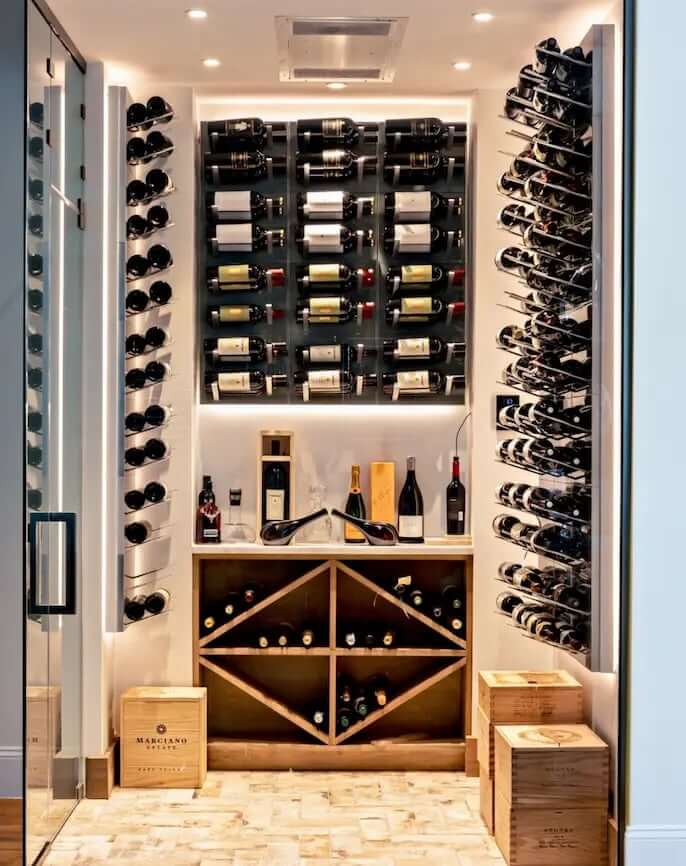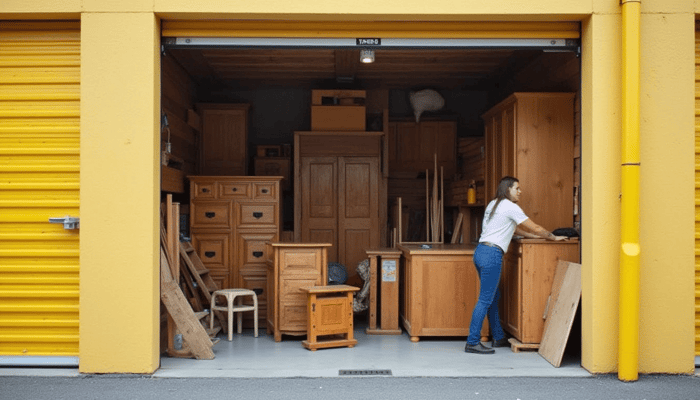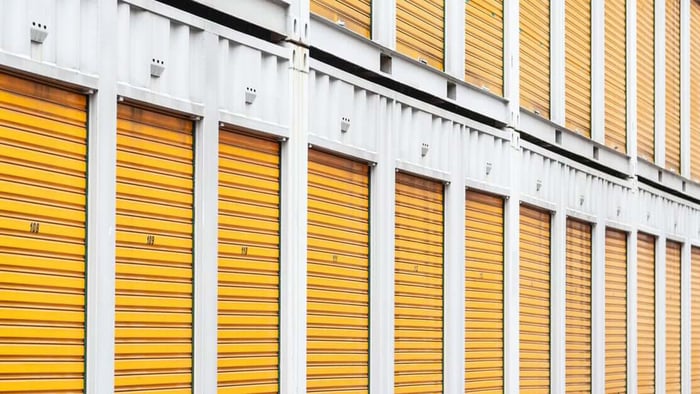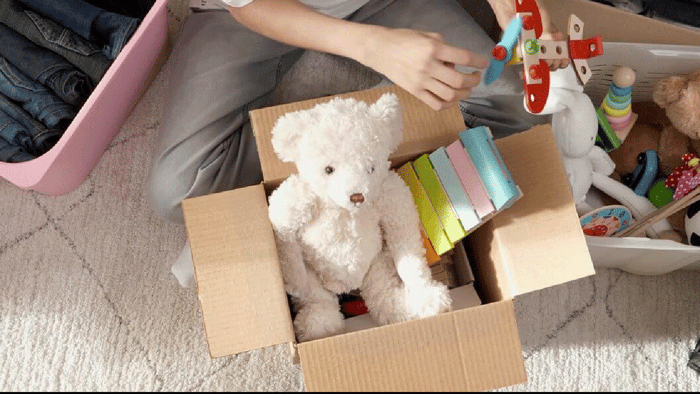Table of Contents
Before you pull the trigger and rent a storage unit near you, you might be mulling over whether or not to rent a climate-controlled storage unit. While climate-controlled self-storage is often slightly more expensive than a standard drive-up unit, the benefits far outweigh the additional cost. Now is the time to take a look at what you're storing.
Certain items require climate-controlled storage to protect them from extreme temperatures, humidity, and moisture. Our handy guide lists common items to store in a climate-controlled unit and why those particular items demand it.
Climate-Controlled Storage Guide
While we'll discuss the ins and outs of why certain items need climate control, here's a quick reference guide to keep on hand as you decide if your belongings need temperature-controlled storage. Additionally, it'll provide pointers on how to properly store and pack each one.
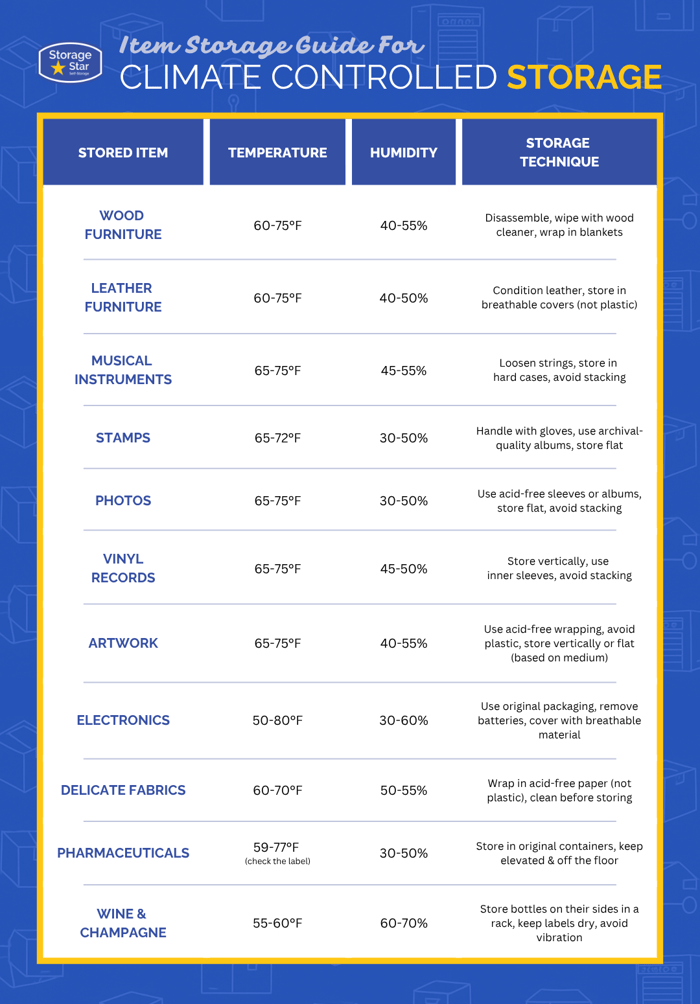
Wood Furniture
While you can store wooden furniture in a non-climate-controlled storage unit (we have an entire post dedicated to that!), we do recommend opting for climate control. Why? Wood furniture is prone to warping, cracking, or even rotting in humid conditions.
Antique, veneered, engineered, or painted wood pieces need climate control. You may think painted wood is safe in the heat, but paint can crack, peel, or even get sticky in fluctuating temperatures.
Some types of wood are less temperamental and will be fine in a regular unit, with proper preparation, of course. These pieces include ones made with solid hardwood, such as oak, teak, and mahogany, and have a durable finish. Denser woods are more resistant to absorbing moisture and warping. Wood that's heavily lacquered, rustic, or distressed may fare well in a non-climate-controlled unit, too.

Photo Credit: @sisalla_interior_design
Leather Furniture
Leather is naturally porous, making it highly sensitive to temperature fluctuations. Heat will dry out your leather furniture. Over time, it will become brittle and begin to crack. If leather furniture cracks, it's almost impossible to restore it to its original beauty.
Temperature changes can also weaken the dyes and finishes of leather, leading to discoloration and fading. It'll also impact the integrity of the leather's natural oils. These oils are what keep your leather feeling smooth and soft.
In addition to leather furniture, you should store all leather goods in a climate-controlled storage unit. This includes leather clothing, motorcycle seats, leather-bound books, and sporting equipment, such as baseball gloves or riding saddles.
Musical Instruments
Although our band camp days are far behind us, our love of instruments and music remains. At Storage Star, we recommend storing all instruments in a climate-controlled environment. This includes:
- String Instruments: Violins, violans, cellos, guitars, ukeleles, banjos, bass. You do not want to risk warping wood, shifts in the shape of necks and strings, or cracked varnish.
- Pianos: From uprights to grands, all pianos should be housed in a climate-controlled storage unit. The intricate components (wood, metal, and felt) can swell, rust, and become unstable over time.
- Double Reeds: Bassoons and oboes, particularly wooden ones, need climate control. The delicate reeds should be stored in there, too.
- Drums with Wood Shells
- Electronic instruments and other audio gear, such as amplifiers and speakers
Many think it's OK to store brass and woodwind instruments, made of metal or plastic, in a non-climate-controlled storage unit. It isn't, though, and we do not recommend this. These instruments may still have wooden parts, felts, or pads. Over time, padding can deteriorate, valves can become sticky, and other parts may rust. Repairing your instruments after the fact may be more troublesome than just choosing the right unit when renting self-storage.
Photo Credit: @mogcherie
Stamps
Stamps absolutely need climate control. Why?
- High Humidity: This can cause the adhesive to ooze or become very sticky. Stamps may then start to stick together or meld to protective materials. It can also cause the paper to warp or curl.
- Low Humidity: Your stamps will become brittle and potentially crack apart.
- Extreme Heat: The colors and images on your stamps may fade, while the glue on the back can break down
- Cold Weather: Stamps can become fragile, particularly if they're older
- Pests: Did you know that climate-controlled storage actually deters pests? It's true! They're typically better sealed, and their conditions are less favorable for pests. Silverfish and rodents are drawn to paper and glue. If they get into your collection, it could end up completely destroyed.
Stamps should be stored between 65°F and 70°F with a relative humidity of 40-55%. Additionally, your stamps must be kept in archival-quality sleeves or stamp albums (think acid-free paper!).
Photographs
Photographs are very sensitive to temperature, humidity, and light. High heat will accelerate the chemical breakdown of photo paper and ink, fading and warping the photos. Cold temps, on the other hand, make photos brittle, increasing their risk of cracking or curling.
Photo Credit: @manofgoldenwords
Vinyl Records
Prevent warping, mold, and deterioration of your favorite albums by storing vinyl in climate control. Vinyl records require proper storage techniques. Check out our complete guide on how to safely store your record collection.
Artwork
When it comes to storing artwork, climate-controlled storage isn’t just a luxury—it’s a necessity. Whether you’re an avid collector, a professional artist, or simply looking to preserve cherished pieces, the right environment can make all the difference.
Artwork is highly sensitive to temperature changes and humidity, which can cause warping, fading, cracking, and even mold growth over time. Paintings, photographs, prints, and sculptures all require stable conditions to maintain their integrity and value.
Electronics
Electronics should always be stored in a climate-controlled environment to prevent damage from temperature extremes and humidity. High heat can warp components and drain batteries, while cold can cause condensation and corrosion. Humidity is especially harmful, as it can lead to rust, short circuits, and mold growth inside devices.
Photo Credit: @whitelaceandbutterflies
Delicate Clothing
Delicate clothing, fine fabrics, furs, and wedding dresses require climate-controlled storage to maintain their beauty and integrity over time. Temperature and humidity fluctuations in standard storage can cause fabrics to yellow, fade, or become brittle. High humidity, on the other hand, can lead to mold, mildew, and pest damage.
Pharmaceuticals
Over-the-counter and prescription medications need to be stored in a climate-controlled environment. This will help their potency, shelf life, and safety. Most medications must be stored between 59°F and 77°F. If they're stored in warm temperatures, their active ingredients may break down, and chemicals may be altered. This can lead to a loss of effectiveness and even the production of toxic byproducts.
Some pharmaceuticals that require climate control include:
- Prescription medications
- OTC drugs, such as allergy meds
- Vitamins & supplements
- Creams, ointments, and gels
- Test strips, inhalers, and diagnostic kits, including COVID-19 test kits
If you're a pharmaceutical sales representative renting business storage, climate control is a must. Also, if you're storing any of your own medications in your personal storage unit, you should use climate control, too.
Photo Credit: @sandiferdesignbuild
Wine & Champagne
Ideally, wine and champagne should be stored at 55°F, although a safe range is from 45°F to 65°F. Consistent temperature is actually more important than the exact temperature!
Climate-controlled storage and proper storage techniques are a must for your budding or established wine collection. Check out our entire Wine Storage 101 guide!
When deciding if climate control is right for your belongings, a good question to ask yourself is, "Would I be OK storing these items in my attic or garage year-round?" If the answer is no, your items most likely need climate control.
What's Next? Renting a Storage Unit Near You!
When it comes to protecting your most valuable and sensitive items, climate-controlled storage is worth the investment. From preserving family heirlooms and artwork to keeping electronics and instruments in top condition, the right environment can make all the difference.
Now that you know what items require extra care, you can make an informed decision about the storage solution that best fits your needs. Ready to find a climate-controlled storage unit near you? Explore your options and rent a storage unit at Storage Star today. Your belongings deserve the best!
FAQs
What should I store in climate controlled storage?
The best items for climate control are anything that's sensitive to temperature or humidity. This includes:
- Electronics
- Vinyl records
- Wood and leather furniture
- Documents
- Artwork
- Antiques
- Delicate clothing and fabrics
- Musical instruments
- Collectibles
- Stamps
- Wine
- Photos
Why do electronics need climate-controlled storage?
Your electronics should be kept in climate control because extreme temperatures and moisture can damage internal components, such as circuits, screens, and batteries. Climate control will help prevent this. We recommend storing TVs, laptops, computers, gaming consoles, monitors, and stereo equipment in a climate-controlled storage unit.
Is furniture safe in a non-climate-controlled storage unit?
It depends on the type of furniture, the length of storage, and the method of protection used. For wood and leather furniture, we always recommend climate control. These types of furniture are prone to warping, cracking, or growing mold when temperatures fluctuate. For more information on storing furniture in a non-climate-controlled unit, check out the guide on our blog.
Is climate-controlled storage necessary when storing documents or photios?
Yes. For photo storage and document storage, we always recommend climate control. We also recommend climate control for stamps. Storing these items in a climate-controlled unit will help to prevent fading, deterioration, and curling.
Do musical instruments need climate-controlled storage?
Yes. We recommend storing all musical instruments, including brass and woodwinds, in a climate-controlled environment. Instruments such as guitars, violins, and pianos, and other wood instruments including clarinets and oboes, are extremely sensitive to temperature and humidity shifts. Temperature fluctuations can cause warping, cracking, and tuning problems.
Do I need climate-controlled storage?
It depends on what you're storing. Durable, weather-resistant items, such as plastic and metal, may not require climate control.
How do I know if I need a climate-controlled storage unit?
Before choosing a unit, ask yourself:
- Is my item sensitive to temperature or moisture?
- Is my item valuable, sentimental, or irreplaceable?
- Will I need my storage unit long-term? (more than 3 months)
If you answer yes to one or all, you should opt for a climate-controlled unit.



